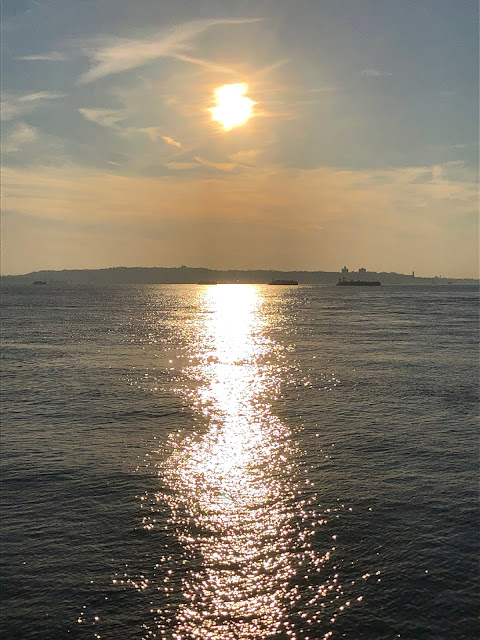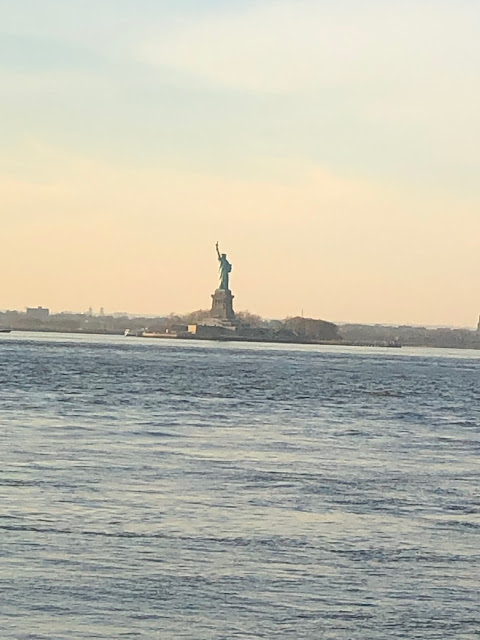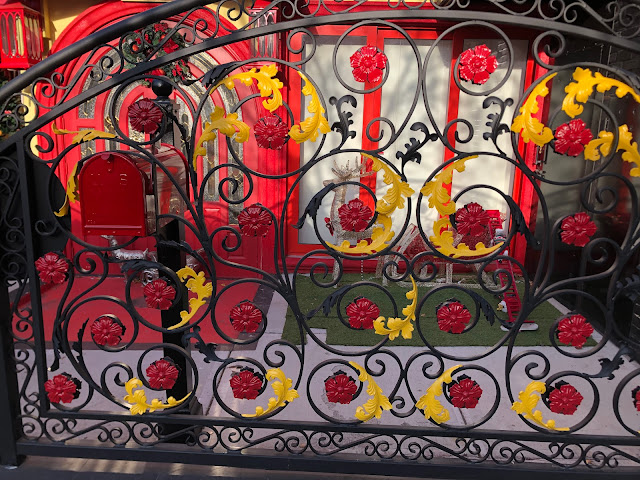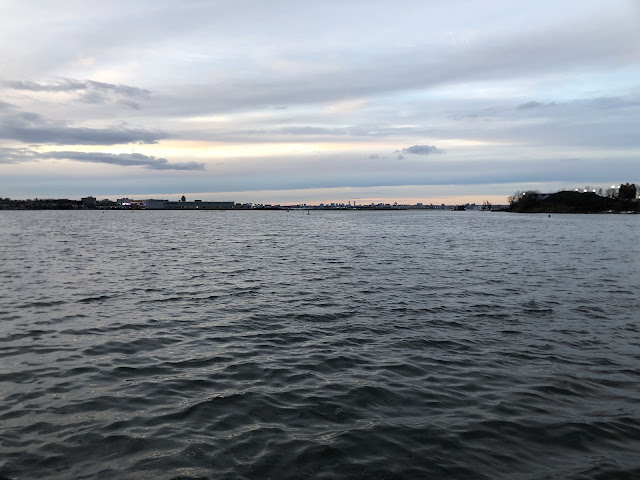Nearly two weeks ago, an alien clad in green, white and red landed in the middle of Paris, bearing artifacts eagerly anticipated by a line of people 1.5 kilometers (almost 1 mile) long who came to greet it.
No, the alien wasn’t Italian and the artifacts weren’t vital links to a distant galaxy. They are, however, prized in the place from which the aliens came. And the people who so anxiously awaited an encounter with them had seen them, until that moment, only on large, glowing screens in darkened halls.
The alien’s colors were not of a flag or spectrum. Rather, they represented the emblem of the alien’s homeland—something known in the galaxy as a “chain “ or “corporation.”
Those folks in the queue were waiting to try something they’d seen in images from a faraway land—one where Ford F-150s roam.
By now, you might have surmised that the customers in Les Halles were waiting to try something that doesn’t exist in the galaxy of Parisian pâtisseries—a Kree-spee Kréme beignet.
I guess I shouldn’t have been have been surprised. Owing largely to movies, television and music videos, American popular culture is, especially for the young, a kind of yang to the yin of haute culture, couture and cuisine. Les jeunes have grown up watching Americans dig into iconic Krispy Kreme boxes.
The company says it plans to open 500 “access points”—which will include vending machines and kiosks as well as actual stores—all over France in the next year.
I mention this development because I hope that Krispy Kreme isn’t a sign of more, and worse, trends crossing the pond, just as seeing the Shake Shack font is a harbinger of the worst things about gentrification coming to your neighborhood.
Guardian Europe columnist Alexander Hurst describes America as a “hellscape” in which folks go for their fix of glazed donuts—in their SUVs and amped-up pickup trucks.
To be sure, I have seen such vehicles in Europe. They are, however, smaller than their US counterparts. Also, when I took bike tours in the countrysides of France and other European countries, such vehicles were used by farmers, carpenters and others engaged in work that requires hauling a lot of equipment and cargo. Even the SUV-like vehicles I saw on recent trips in Paris, Athens and Rome were usually emblazoned with the name of a store or some other business.
Part of that has to do with the higher cost of gasoline in Europe. Another factor might be the narrower streets and roads. But Hurst believes that France and other European countries must do more to prevent this:
 |
Ford F-150 through the years,
1970s-2020s.Graphic by Will Chase for Axios |
The bloat in American vehicle sizes, he observes, is not only an “environmental disaster.” It’s also a hazard for pedestrians and anyone operating a smaller, less powerful vehicles—including bicycles.
As I have pointed out in earlier posts, SUVs and the pickup-trucks-on-steroids (driven by guys who could use Viagra) give us little or no room to maneuver if the driver turns, swerves or veers. Moreover, their increased height makes cyclists and pedestrians (especially small children) less visible and their higher grilles are more likely to strike someone in the upper body or even head, which is more likely to result in paralysis or death than a blow to the lower extremities.
Mayor Anne Hidalgo has proposed tripling the parking fees for SUVs in central Paris and doubling them in the rest of the city. If her proposal passes, it will be a good start. But more needs to be done—in her city and country, and the rest of Europe—in order to prevent an invasion of alien vehicles grown and fueled by Krispy Kreme’s.
















































